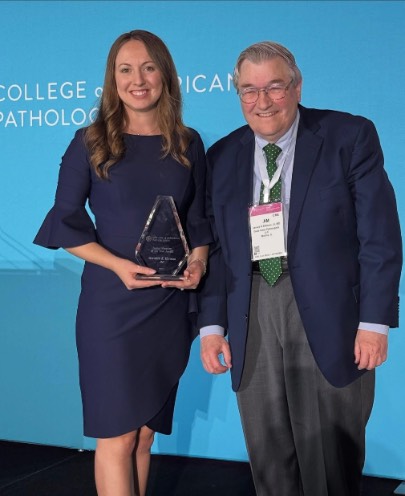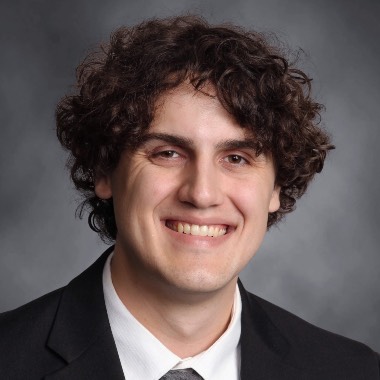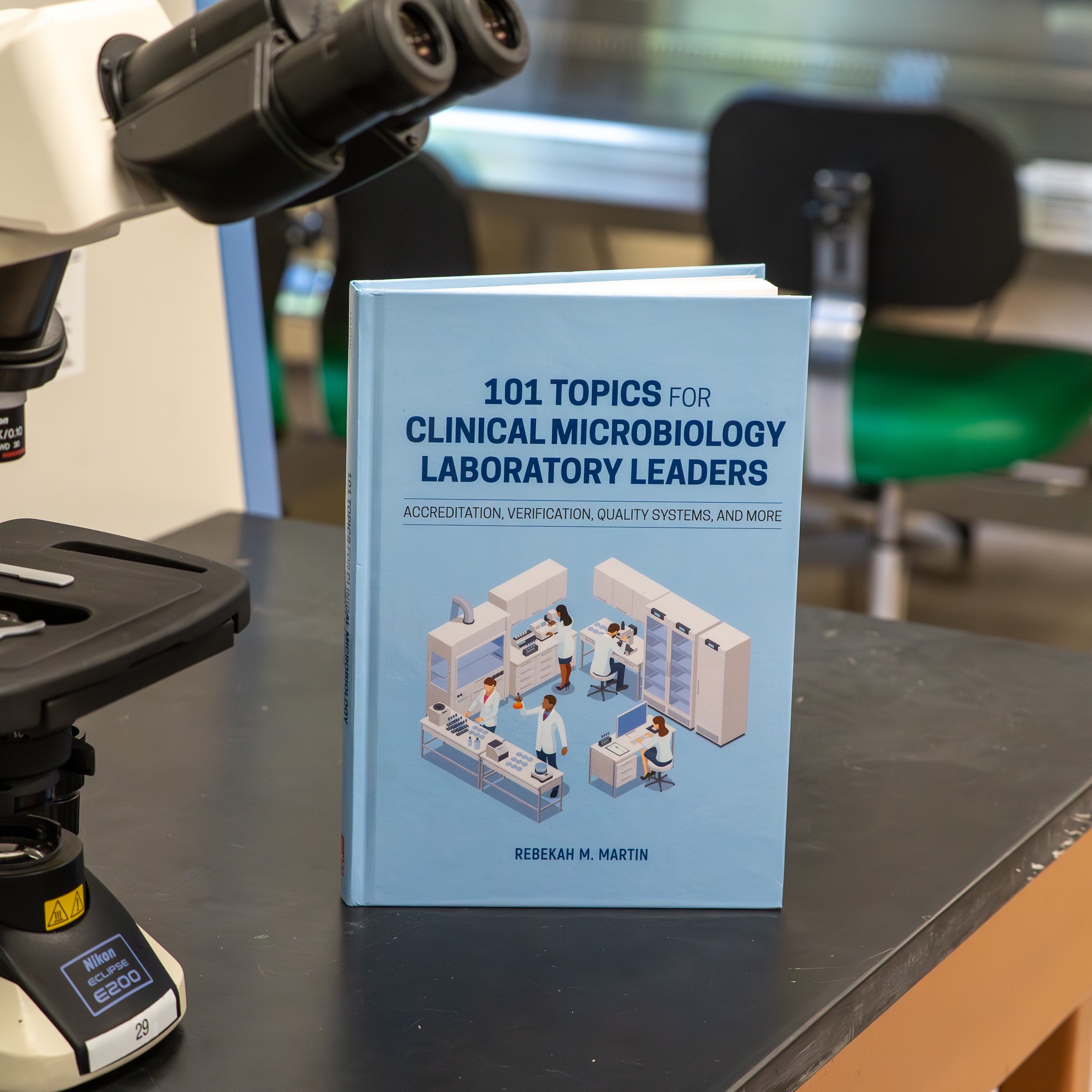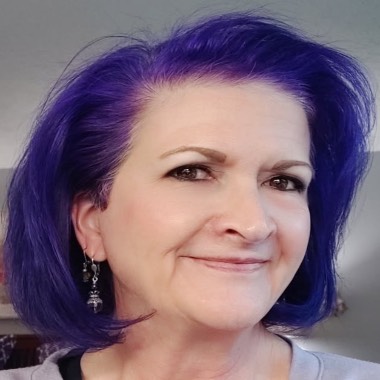MSU grad student continues education while working on life-changing gel
In the dermatology clinic at Stanford University School of Medicine, John Dolorito, a science research professional, encountered patients suffering from a painful skin disease.
"I wanted to do something for them,” said Dolorito, who is completing his Master’s of Science degree online in Biomedical Laboratory Operations at Michigan State University.
For the past two years, Dolorito has been helping Dr. Peter Marinkovich, a dermatologist with Stanford University School of Medicine, develop a topical gel to combat the skin disease known as Epidermolysis bullosa.
Epidermolysis bullosa, also known as Butterfly Children Disease, is rare skin disease that causes the skin to be so fragile the slightest bump or scrape could lead to blistering and chronic wounds.
In 2015, Dr. Marinkovich began working on the gel which helps heal and regrow skin by regenerating the collagen VII protein. Without this protein, human skin is very fragile.
“What we are trying to do is to avoid any invasive therapy or any therapy that requires surgery (for the patient),” Dolorito said.
Dolorito’s project is to scale up production and purification of the gel while meeting FDA requirements. In addition to ensuring cells reach the target level of collagen VII, he has ensured that the recombinant proteins manufactured are free of impurities.
“Helping these patients really gives me motivation. Their everyday routine has been far from our normal daily lives. By giving them something that can ease their pain even for a few days, it gives me encouragement that they have more tools to fight their everyday struggles.” he said.
Currently, Dr. Marinkovich is preparing for a pre-IND (investigational new drug) submission to U.S. Food and Federal Drug Administration for the gel.
Dolorito has completed his coursework for his master's degree, leaving him only with a thesis to complete. His mentors thought this project would fit in well for the Good Manufacturing Practice (GMP) facility at the University of California-Davis.
In short, Dolorito's work started in a research and development lab. His thesis is to bring the whole process of purification to expansion to propagation to the GMP facility.
“I like being a part of this project and to work on my thesis as part of this project really excites me,” he said.
He hopes to finish his Master’s of Science in December.



